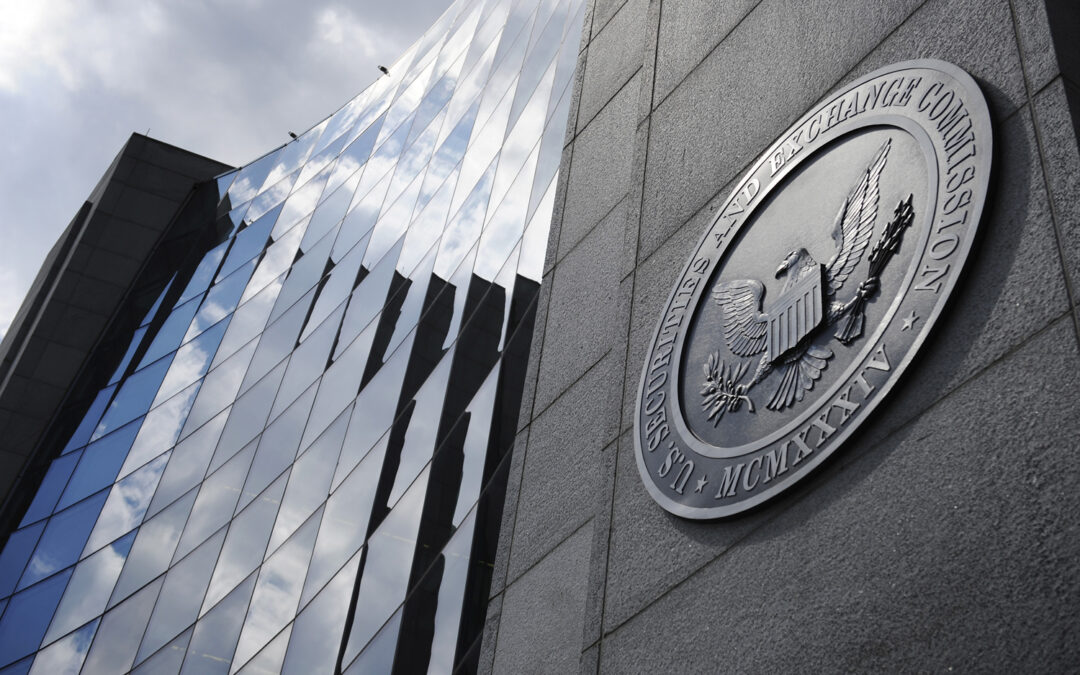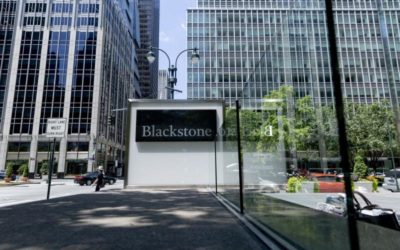Private equity managers make highly exaggerated performance claims, which should be banned, according to a leading academic who urged US regulators to take swift action to protect investors.
During a Securities and Exchange Commission online event last week private equity managers were accused of using “misleading numbers” to create performance records and treating investors as “idiots”.
Ludovic Phalippou, professor of finance at Oxford Saïd Business School, said the US regulator should create a level playing field for performance reporting standards between private equity funds and conventional mutual funds.
“It took almost a century for the SEC to develop a comprehensive set of regulations to close the loopholes exploited by mutual fund managers. Private equity is one hundred times more complicated and there is even more room for trickery. We need to have the same rules, a level playing field, between private equity and mutual funds,” said Mr Phalippou.
Debate over the performance claims made by private equity managers has increased following a recent analysis by Mr Phalippou, which showed these illiquid funds have performed no better on average than a cheap US stock market tracker since 2006. Investors, however, have paid about $230bn in performance fees over the same period, helping to create a new class of superwealthy private equity barons with multibillion-dollar personal fortunes.
The SEC was shown an anonymised version of Apollo’s annual report in which the buyout group said it had generated an annual gross internal rate of return (IRR) of 39 per cent over the past 30 years.
“A $1bn investment earning 39 per cent annually over 30 years would be worth $20tn. And $20tn is the GDP of the United States. I think we would have noticed,” said Mr Phalippou.
The SEC was also shown an anonymised version of KKR’s annual report, which said it had generated an annual IRR of 25.6 per cent over the past 45 years.
“A $1bn investment earning 26 per cent annually over 45 years would be worth $32tn. That is 40 per cent of the GDP of planet earth. It is time for the SEC to ban the use of the
IRR by private equity managers. It makes absolutely no sense,” said Mr Phalippou.
He also noted that the “two and 20” fee structure used by private equity managers translates into annual costs of between 6 per cent and 7 per cent. The average expense ratio of actively managed equity mutual funds sold in the US was 0.74 per cent in 2019, according to the Investment Company Institute, a trade association.
Josh Lerner, an investment banking professor at Harvard Business School, who has taught many senior private equity executives, also said he was unhappy with the misuse of IRR data.
“The IRR is a tricky measure. It is not without its problematic aspects,” said Mr Lerner.
Support is growing among US regulators to allow retail investors to be granted greater access to riskier private equity strategies via their retirement savings accounts.
Dalia Blass, director of the SEC’s investment management division, said in August that main street investors had been left “on the outside looking in” because defined contribution pension plans did not provide access to private equity.
The Department of Labor said in June that private equity could be used in the professionally managed retirement funds sold to retail investors.
Vanguard, the world’s second largest asset manager, has already agreed a partnership with HarbourVest, a $68bn private market specialist, to provide access to private equity to qualified investors with a net worth of at least $1m.
Mr Lerner said clarity was needed on performance data and changes to fee structures were required before access to private equity was granted to retail investors.
Mr Phalippou said retail investors should be allowed to invest in private equity provided that these strategies were governed by the same advanced regulations that applied to conventional mutual funds.
Source: Financial Times
Can’t stop reading? Read more
US Pipeline Operator ONEOK Inks Two Deals for $5.9 Billion
US pipeline operator ONEOK Inc. agreed to buy a Permian Basin rival and a controlling stake in...
Blackstone Is Said to Seek A$5.5 Billion Loan for AirTrunk Bid
Private equity firm Blackstone Inc. is in discussions with banks for a five-year loan of about...
Thrive Capital to lead multi-billion dollar OpenAI investment round at $100bn valuation
OpenAI, the company behind the popular AI tool ChatGPT, is in advanced talks to secure several...




